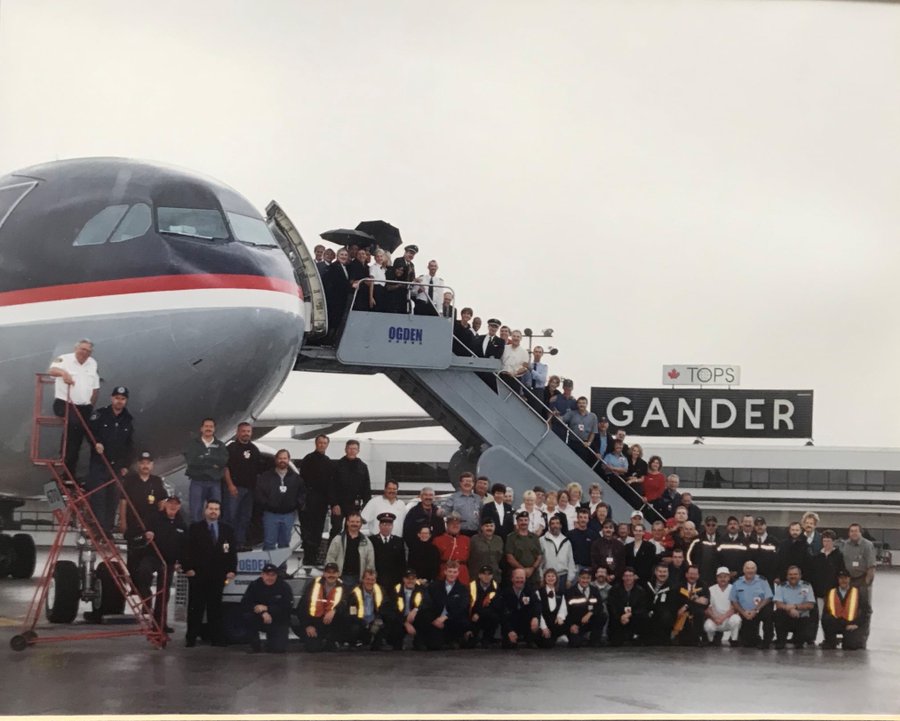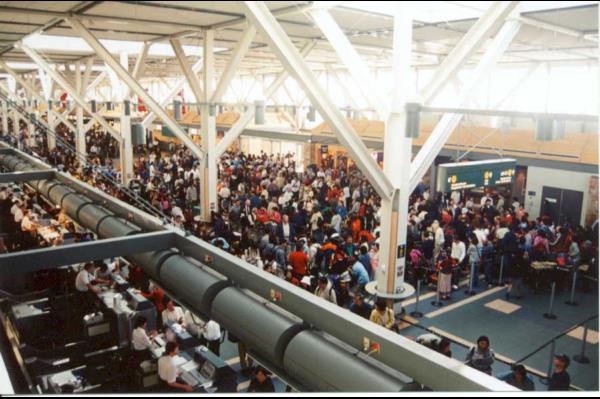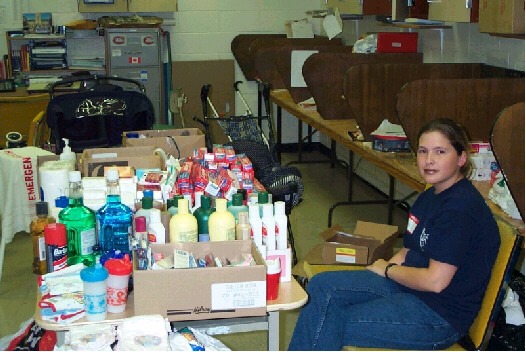21 Years Later: The Story of The Town That Took in Thousands Stranded on 9/11
On this day, a tiny town in Canada opened up their hearts — and their homes — to 7,000 stranded passengers in their time of need. They didn’t care about politics, or who the President was. They did it because it's what Canadians do.
Here's how they did it.
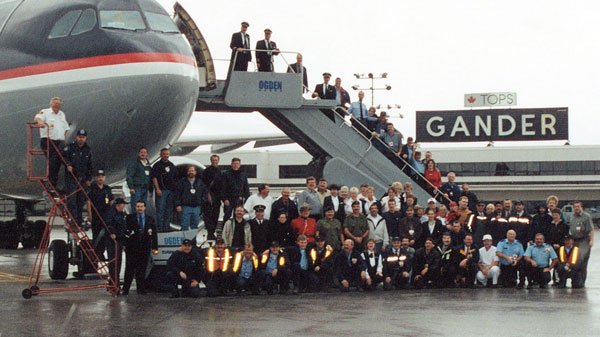
On the east coast of North America, there's a Canadian province called Newfoundland. It’s filled with cold winters, warm summers, and even warmer hearts. The province has a small town called Gander.
In the 1940s, its airport used to be one of the biggest in the world.
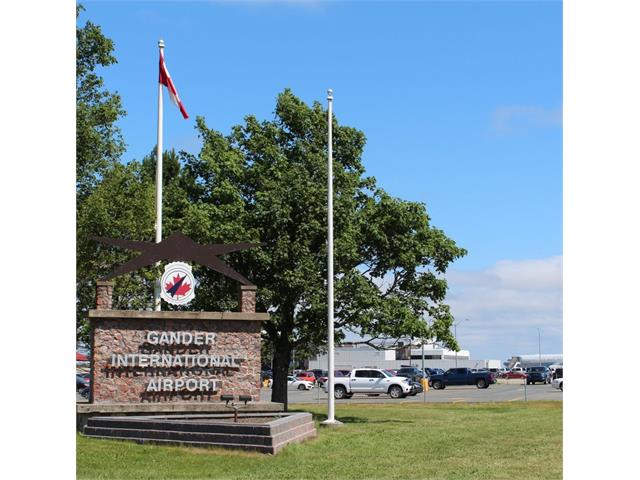
On September 11, 2001, it started out as a normal day. People dropped off their kids, went to work, chatted with friends. The kind of things that happen everyday in small towns across Canada.
Then, in an instant, everything changed.
At 8:46 am, two planes struck the World Trade Center towers. All US airspace immediately shut down.
Hundreds of flights and tens of thousands of passengers were stranded in mid-air, with nowhere to land.
The people of Gander knew they could help.
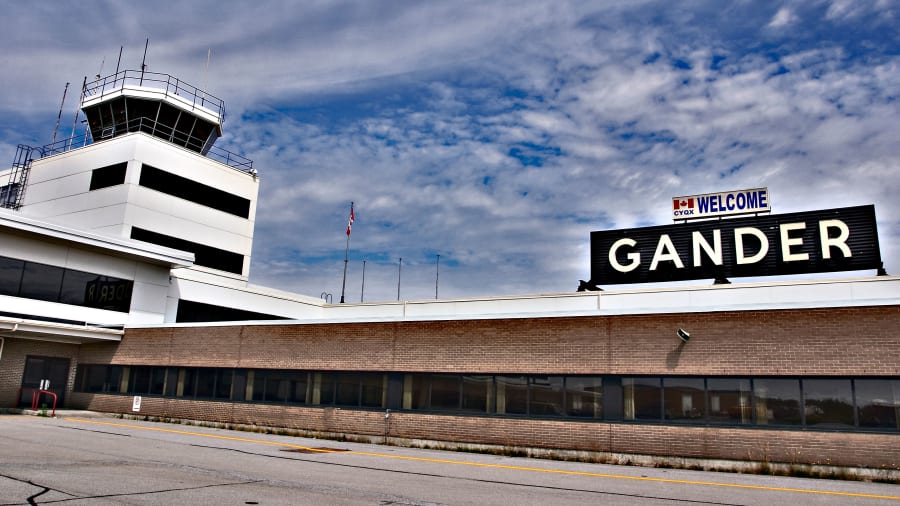
Canadian Air traffic control immediately began diverting those planes to Canadian airports. Toronto, Halifax, Vancouver, Edmonton, and Winnipeg all took in as many planes as they could. This is what those airports looked like that day.
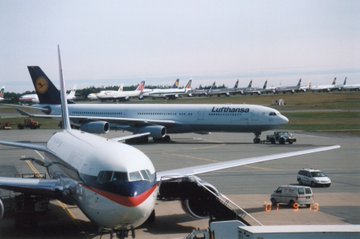
Soon, it was Gander's turn. Despite its small size, Gander took in a total of 38 planes. There were so many that they couldn't squeeze any more onto the tarmac!
This is what it looked like. They kept going until there was literally no room left.
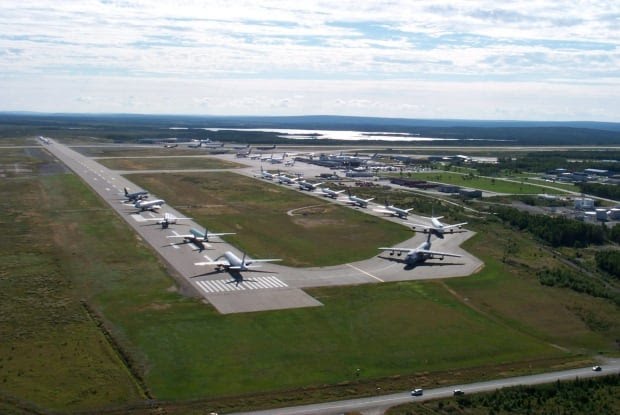
At the time, the population of Gander was around 10,000. There were nearly 7,000 passengers (and 19 animals) on those flights. The town's population basically doubled overnight. Despite the massive logistical nightmare, the people of Gander knew what to do.
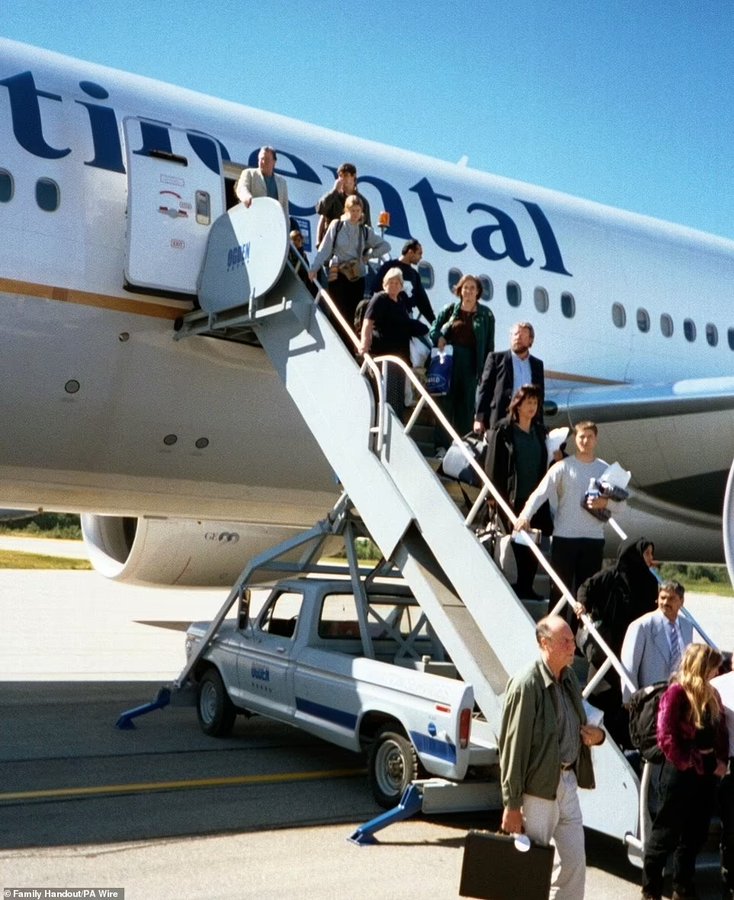
People left their jobs and came to the airport. They brought food, clothes, books, medicine, and even toys for the stranded passengers. They wanted them to know they weren't alone. In their hour of greatest need, the passengers were safe among friends.
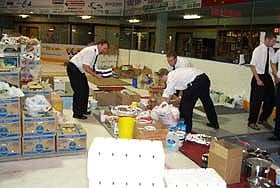
Soon, the town turned its schools, community centres, and hotels into shelters for the passengers. Volunteers even came to look after the pets on the planes. But there was a problem.
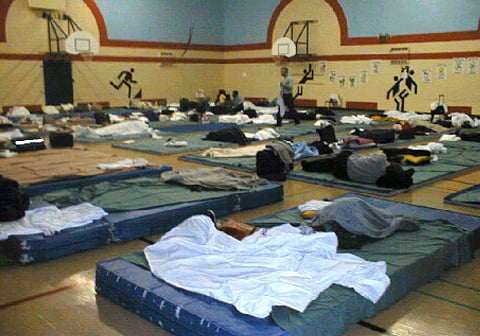
There were so many stranded passengers that the shelters didn't have enough space.
So what did the people of Gander do?
They opened up their homes to complete strangers. They made them feel safe and treated them like family.
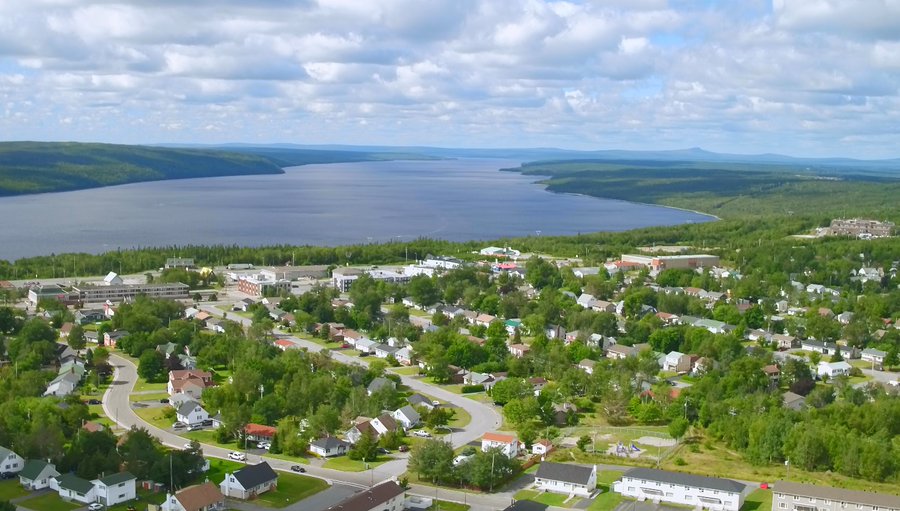
The passengers were different races, genders, sexual orientations, and even political beliefs. None of that mattered to anyone in Gander. All they cared about was helping others.
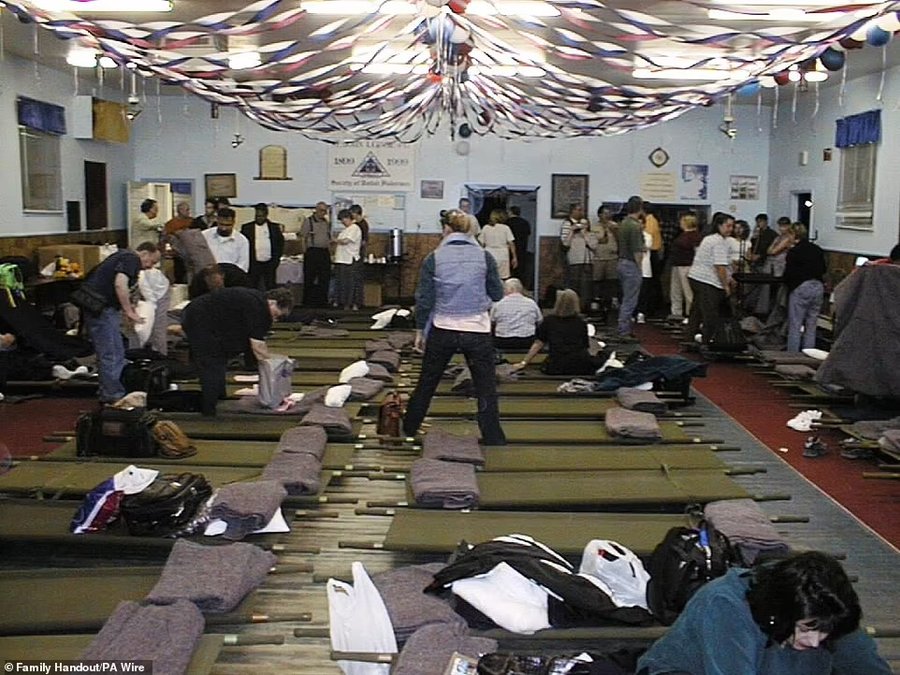
For the next five days, the people of Gander treated the stranded passengers like family. They cared for them, comforted them, cooked for them, and made sure they felt welcomed.
It’s what neighbors do.
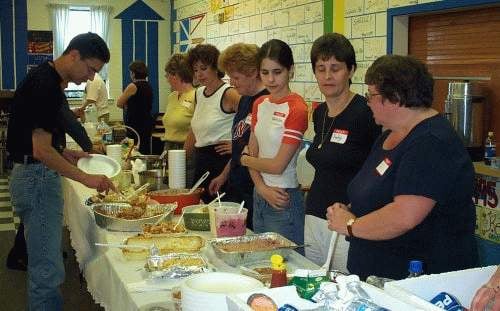
Eventually, after five days, US airspace opened up again and passengers finally got to go home, but what happened in Gander stayed with them forever. To this day, some passengers are still in touch with the families who sheltered them.
The world was a kinder, simpler place back then. Sure there were politics and trade disputes, but none of that mattered. All that mattered to Newfoundlanders was helping your neighbor.
It's what Canadians do best.
Today, the original steel beams from the World Trade Center are on display in NYC at the 9/11 museum. You know where else has one?
Gander, Newfoundland. It was a gift to the people after 9/11.
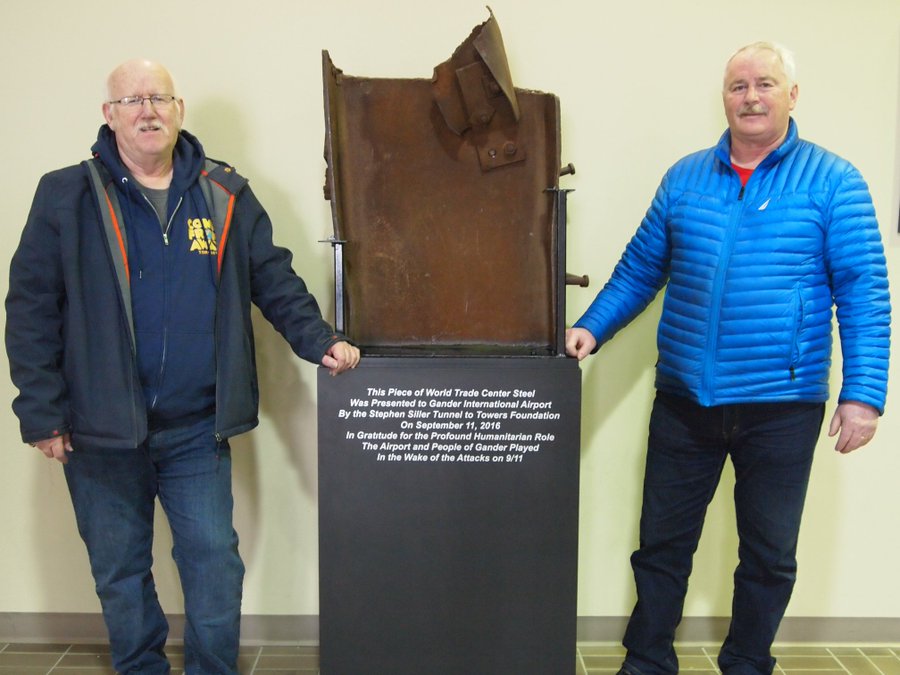
Today, we live in a world where politics divides us. What happened in Gander is a reminder that during times of need, Canadians stood up to help.
It's who we are.
It's what we do.
And we'd do it again in a heartbeat.
